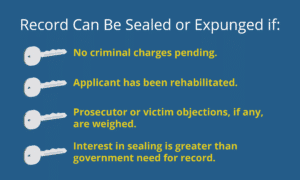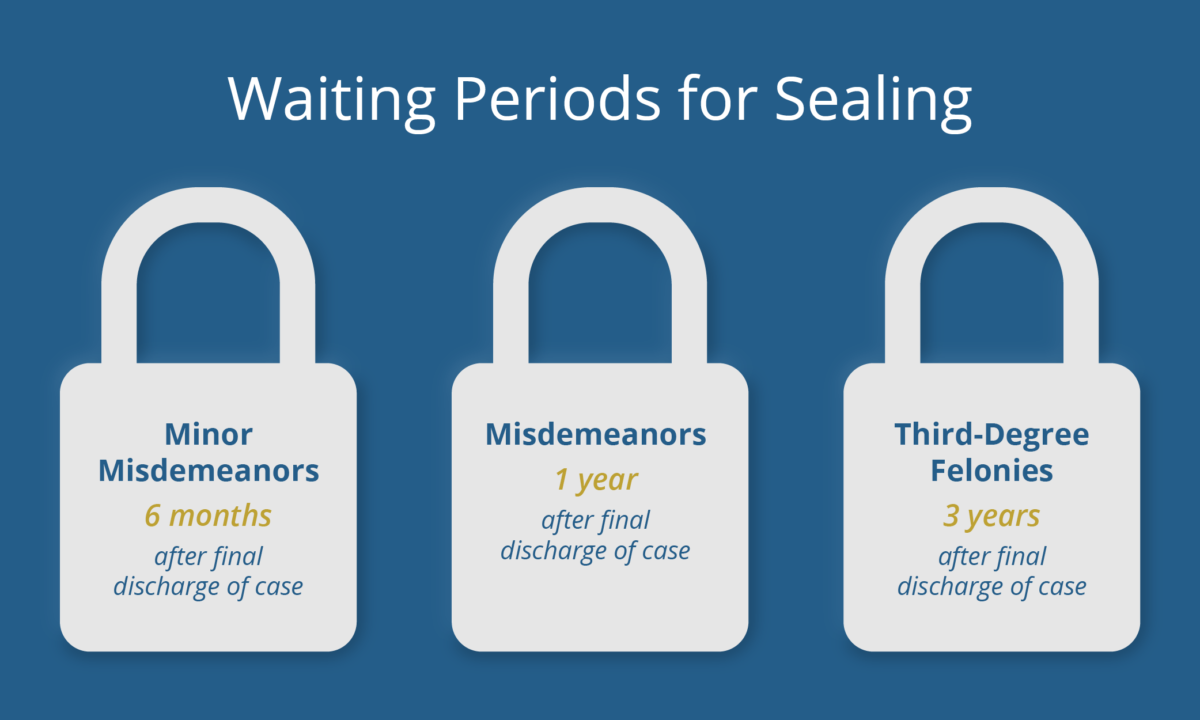|
|
By Tonya Sams
In April, changes to the record sealing and expungement law went into effect in Ohio. This allows even more people to be eligible for this service than before.
The first change was clarifying the true definitions of ‘record sealing’ and ‘expungement’. Past criminal activity is not revealed when the court seals a record. Depending upon the nature of the job for which one is applying, most employers will not be able to see the criminal record. Some public service entities, however, may be able to see the sealed record, such as the courts or law enforcement.
Expungement erases a criminal record. The record will be almost non-existent to most public and all private entities. Whether sealed or expunged, it is as if the conviction never happened. Other changes to the record sealing and expungement law are the expanded list of offenses that are now eligible and shortened wait times to be eligible to apply.
Not all convictions are eligible for sealing or expunging. Convictions such as sex offenses that require registration (there are some exceptions when registration is no longer required), felonies that involve violent acts, first and second-degree felonies, three or more third-degree felonies in one case, those involving domestic violence or a protection order being violated, crimes against children under the age of thirteen (does not include the failure to pay child support, which can be expunged or sealed), and traffic and OVI/DUI offenses are ineligible.
Once the court discharges a conviction, then it may seal or expunge the conviction. If one’s parole terms have been met, the term of the jail sentence was completed, and all payment of fines and fees that were a penalty of the conviction have been made, then it may result in the conviction being discharged. Once discharged there is a waiting period. The length of the waiting period depends upon the offense that was committed.
Lauren Gilbride, Managing Attorney at The Legal Aid Society of Cleveland, said that a common inquiry is the cost of the service. “It should not be more than fifty dollars,” said Gilbride. “The Public Defenders Office or Legal Aid can help with a waiver, if eligible.” 
One may obtain assistance from an attorney or apply on one’s own for record sealing or expungement. Before applying, one should gather as much information as possible on all past and present criminal cases. This includes information on convictions, arrests, dismissals, and bills. The Clerk of Courts is a good place to start to gather this information.
After filing, one may be required to appear before the court for a hearing. When applying, there is a possibility that the prosecutor may object to one filing. Scheduling a court hearing requires preparedness to respond to the prosecutor’s objection and explain why one’s application should be approved.
For those who are not eligible for either expungement or sealing of a criminal record, there are other options, like a pardon or a Certificate of Qualification for Employment (CQE). A pardon is when the governor forgives someone for a crime and they can no longer be penalized for it. The Court of Common Pleas will give someone a CQE to help them overcome obstacles to getting employment.
To learn more about expungement and record sealing go to Expungement and Record Sealing – Office of the Public Defender (cuyahogacounty.us)
To learn more about the CQEs, visit https://lasclev.org/cqe/ and https://drc.ohio.gov/cqe. If you are eligible for a CQE, Legal Aid may be able to help. Call Legal Aid at 888-817-3777 during regular business hours or apply online 24/7 at https://lasclev.org/contact/.
Tonya Sams is the Development and Communications Assistant at The Legal Aid Society of Cleveland.



